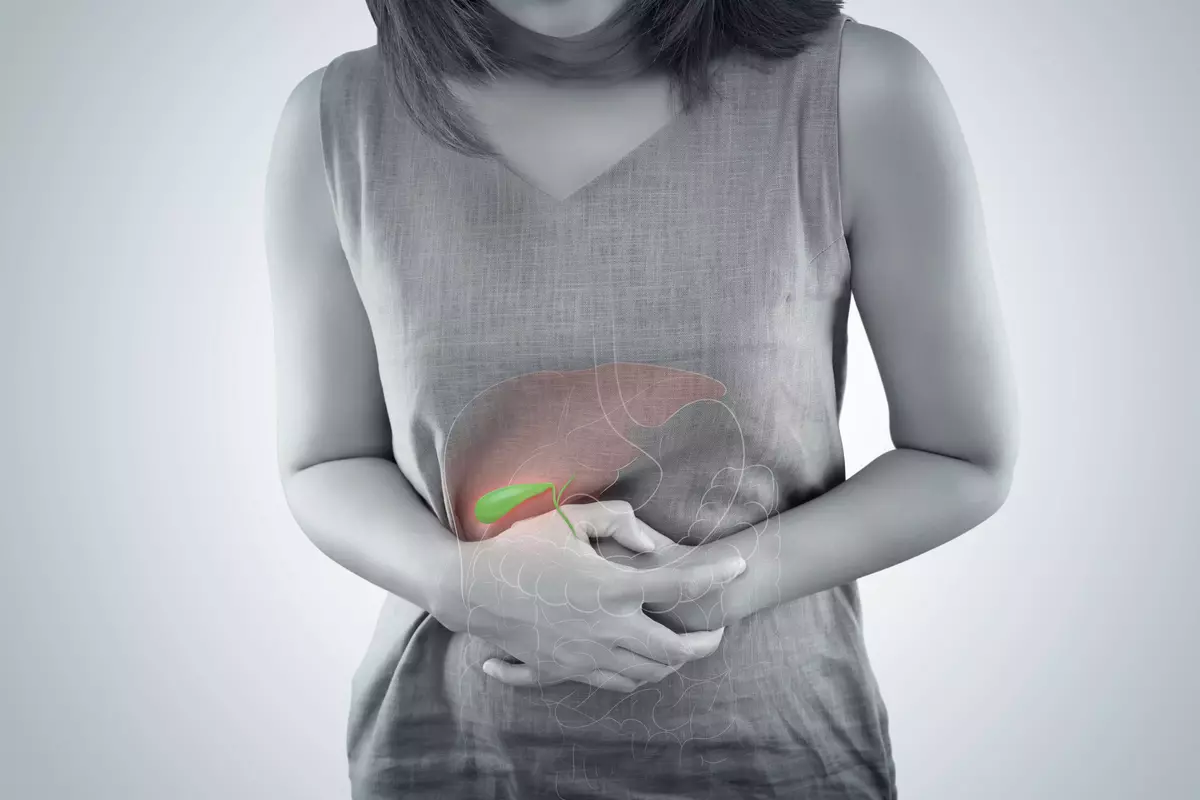Are There Any Risks With Gallbladder Surgery?
Many men and women find themselves filled with anxiety and worry after they are told that they need to have surgery to remove their gallbladder. They may worry about feeling pain during the procedure, or they may be concerned with the recovery period. And while this nervousness makes sense, the reality is that gallbladder surgery is a relatively safe medical procedure. However, the truth is that any invasive surgery carries some side effects as well as a risk of complications. Below, you will find some information about gallbladder surgery to help calm your mind before your procedure.

How Is Gallbladder Surgery Performed?
Gallbladder removal (cholecystectomy) is a surgical procedure in which a gallbladder that is irritated with gallstones is removed. More often than not, the gallbladder is removed because it is causing pain and irritation in the body. There are two methods that may be used to remove the gallbladder: laparoscopic gallbladder removal or traditional gallbladder removal.
For laparoscopic gallbladder surgery, four small incisions are made in the abdomen. Through one of these incisions, a tiny camera is inserted to allow the surgeon a visual of the gallbladder as it is removed. The removal is performed through the other three incisions. For traditional gallbladder surgery, a six-inch incision is made on the right side of your abdomen. Your surgeon will then pull back the abdominal muscles and tissue to remove the gallbladder through the incision.
Side Effects
Gallbladder surgery is performed under general anesthesia, which means that you will not feel any pain or discomfort during the procedure. However, you will experience some soreness and even pain during the days following your surgery. It is important that you follow your post-op instructions. Prescription and over-the-counter medication can be taken to alleviate any pain you may feel during your recovery, but it is important that you contact your surgeon immediately if the pain persists or increases.
Along with some discomfort and pain after your gallbladder surgery, you may experience any number of the following side effects:
- Bruising
- Swelling
- Skin irritation at the incision sites
- Stomach irritation, including diarrhea, flatulence, or constipation
- Trouble digesting food properly (especially fat)
While these side effects are frustrating, there is no need for any concern. As long as you follow your instructions and control your diet after your procedure, you will find that these side effects dissipate over time.
Complications
As mentioned earlier, gallbladder surgery carries minimal risk; however, because it is an invasive surgery, there is always the chance that complications may arise.
One of the most dangerous complications that patients are at risk to experience after their procedure is infection. Infection can be a serious issue if it is not dealt with in a timely manner; however, if caught early, there is no real need for concern. Some of the symptoms of infection include fever; increased pain, redness, and/or swelling at the surgery site; and pus leaking from the incision site. If you experience any of these symptoms, it is important that you contact your doctor immediately.
Besides infection, other complications that can arise from gallbladder surgery include:
- Bleeding
- Bile leakage into the abdomen
- Blood clots
Lastly, though rare, some patients experience post-cholecystectomy syndrome. This syndrome has symptoms that mirror those caused by gallstones, including stomach pain, jaundice, fever, diarrhea, and indigestion. It is important to contact your doctor if you experience any of these symptoms.
In Conclusion
Any surgery, no matter how big or small, will justifiably cause worry and concern. However, it is important to remember that you are having your gallbladder surgery for a purpose: to relieve yourself of pain and future problems. By following your post-surgical directions and maintaining a smart and healthy diet, you will be able to limit any chance of complications. Most importantly, though, you need to make sure that you are paying attention to what your body is telling you as you recover from your gallbladder procedure.
For more information about gallbladder surgery, please contact Patrick Moore MD, FACS by calling 951-477-5700.




